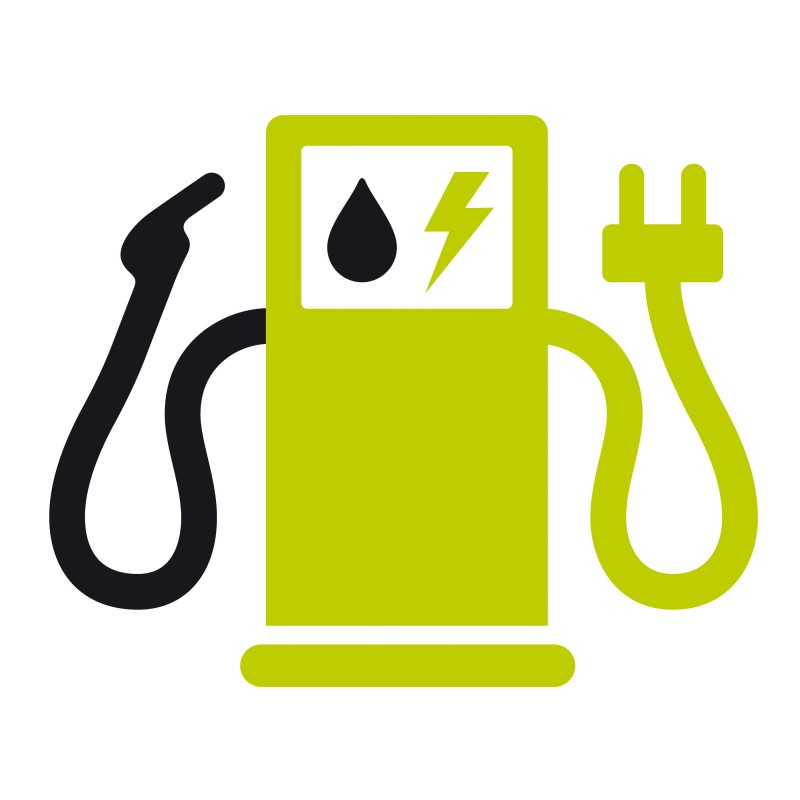<p>There are increasing concerns about depleting oil and gas reservoirs all over the globe. This has led to increasing costs of conventional fuels like gasoline and compressed natural gas, which are the major fuels used in conventional vehicles. As fuel costs increase, the operating costs of the vehicle rise. Addressing this issue the automobile industry has introduced hybrid and electrical vehicles into the market which either use a fuel mixture, technology mixture, or an entirely new technology for the vehicle’s propulsion. There are certain factors we need to consider if we want to make an effective comparison between hybrid and electric cars to decide which one of these is more efficient and provides a cost-effective alternative to cars using conventional fuels.<br />
<strong>Technology Comparison, Hybrid vs. Electric Vehicles</strong><br />
As far as hybrid vehicles are concerned, they use either a fuel mix or technology mix for hybrid operation. Modern hybrid vehicles are equipped with intelligent control systems that efficiently use two different propulsion technologies to increase the vehicles efficiency resulting in improved millage. Hybrid vehicles rely on both the conventional IC engines and a supplementary electrical propulsion system. Hybrid vehicles employ two different types of operations:</p>
<ul>
<li>Parallel operation – In this type a gasoline engine and an electric motor both can be used directly to propel the vehicle.</li>
<li>Series operation – In this type the gasoline engine powers an alternator that continuously charges the batteries while an electric motor is responsible for the vehicle’s propulsion.</li>
</ul>
<p>When the vehicle runs on conventional fuel, the car alternator continuously charges the electric batteries. Also, while the vehicle is decelerating its momentum is not wasted as the regenerative brake system uses that momentum to generate electric current and charge the batteries. Once the batteries are fully charged the vehicle can be shifted from IC engine to the secondary electric propulsion system.<br />
Electric cars no longer use the conventional IC engine as a DC motor, usually PMT (permanent magnet type), replaces the engine. The control mechanism is completely based on a power electronic system and the powering source is an electric battery bank.<br />
<strong>Fuel Economy Comparisons</strong><br />
Hybrid vehicles provide improved millage (almost double) when compared to conventional vehicles with an equivalent engine capacity. This reduces the fuel cost per unit and this is of course a great benefit to drivers. Electrical vehicles are not far behind the hybrid technology. Their operating cost per unit distance is much less when compared with other hybrid and conventional vehicles.<br />
<strong>Initial and Maintenance Cost Comparison</strong><br />
Electric vehicles are generally far less expensive than conventional and hybrid vehicles. They also don’t require any major short term maintenance, but they do require major long term maintenance cost as the battery needs to be replaced after a specific period of time. Since batteries are quite expensive this can result in higher maintenance cost of electric cars.<br />
Hybrid cars on the other hand are much more expensive than electric and conventional cars. While at the same time the maintenance costs of a hybrid are almost similar to the maintenance costs of conventional cars. One of the benefits of driving a hybrid or electric car, however, is that in most countries you can count on extra benefits such as tax incentives upon purchasing an electric or hybrid car, etc.<br />
<strong>Reliability Factor</strong><br />
One of the most important factors when comparing electric and hybrid vehicles is the reliability factor. Electric vehicles rely on batteries which are depleted after a specified millage, which is when they need to be recharged. This process is time consuming and may affect the user’s routine. Hence electric cars are recommended to be used only for small distance travelling and are not suitable for when longer distances need to be covered. This while hybrid cars can be used for both short and long journeys since they employ a blend of two different technologies in which you automatically charge the battery by using the IC engine.<br />
<em>Author: Albert Tang is an avid automotive enthusiast, writer, and blogger for </em><em>Las Vegas Honda Dealers.</em></p>

Hybrid vs. Electric Cars
